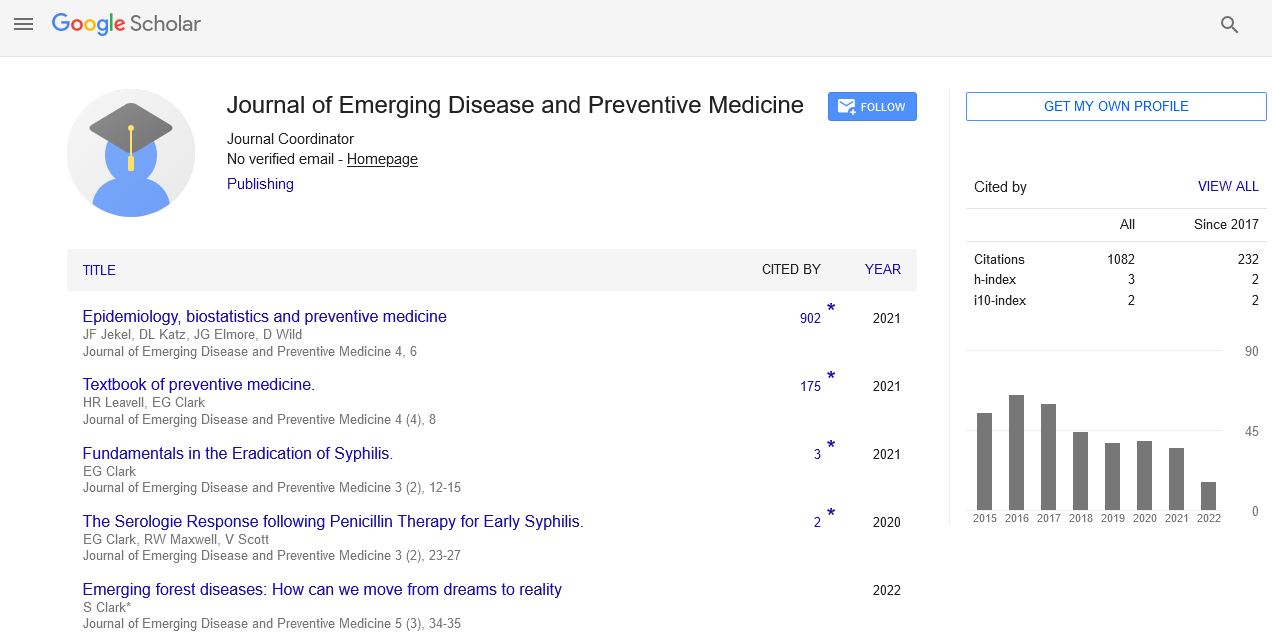
Sign up for email alert when new content gets added: Sign up
Abstract
Targeting KRAS mutant cancer cells by inducing a cytotoxic oxidative stress
Author(s): Dos SarbassovKirsten rat sarcoma (KRAS) mutant cancers represent highly malignant oncologic disorders with a poor clinical outcome that are common in pancreatic, colorectal, and lung human cancers. There are no effective therapies have been developed to treat the KRAS mutant cancers, because it encodes a small GTPase that does not provide any distinctive “druggable” pocket for its targeting. Thus, a specific targeting of this highly malignant oncogenic pathway is one of the most challenging and demanding tasks in oncology. Accelerated growth of cancer cells sets a distinct metabolic surge that drives elevated glycolytic consumption of glucose by cancer cells defined as the Warburg effect. Addiction to glucose is advantageous for tumorigenesis but it becomes a major flaw for cancer cells under glucose deprivation that is highly relevant to the KRAS mutant cancer cells. A glucose addiction renders the cancer cells sensitive to glucose starvation by causing dramatic metabolic stress impending an imminent apoptotic cell death. The apoptotic event is triggered by metabolic stress linked to ATP depletion. Consequently, it leads to the aberrant mitochondrial function and causes an excessive generation of reactive oxygen species (ROS). The robust and sustained production of ROS is a key factor leading to cytotoxicity of the glucose deprived cancer cells.




